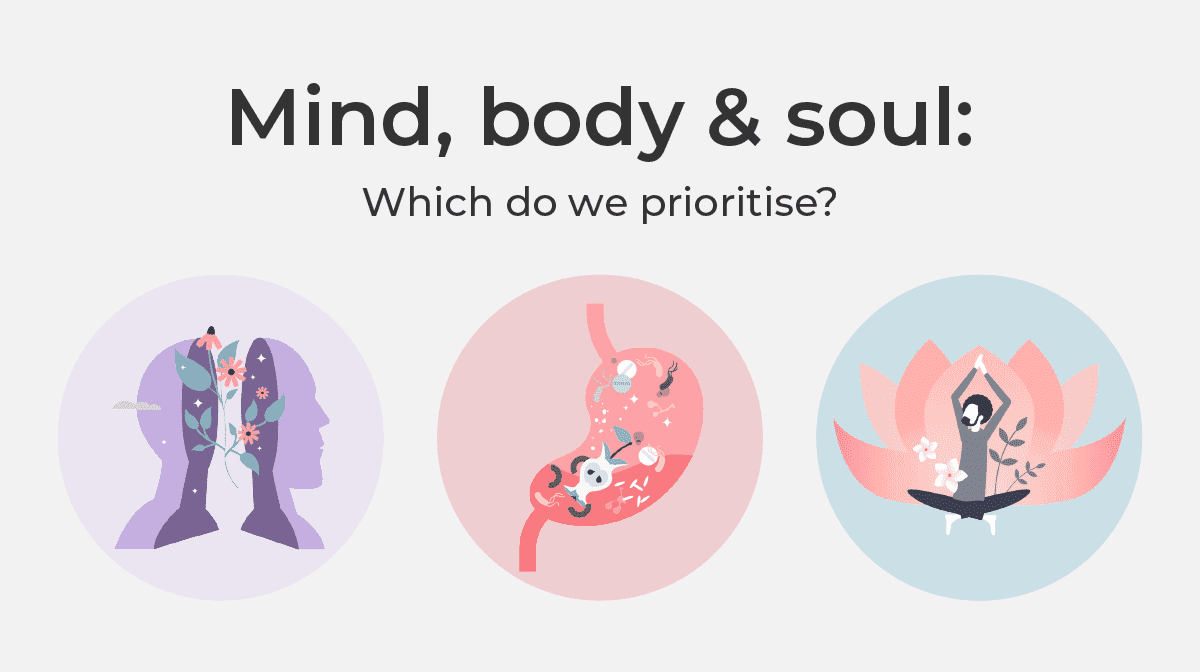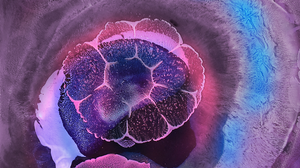Why do we need sleep?
It’s a very simple answer: it is a biological need. Our body follows a biological clock which naturally allows us to keep healthy and to function well. Sleep allows our body and brain to repair, restore and reenergize. Therefore, a good night's sleep is important to maintain both mental and physical wellness. Learn how to build a habit of keeping a healthy sleep schedule.Why is sleep so important?
Many of us under-estimate the importance of sleep or don’t get enough of it for many reasons, but sleep has lots of important health benefits:
- Your brain: When you sleep, your brain resets. It processes memories, consolidates information from the day, and neurons communicate better with each other whilst asleep. It is basically like daily housekeeping, removing toxins from your brain that have been accumulated during your waking stage. It’s where the phrase ‘sleep on it’ comes from, as you’ll often find you are more rationale the following day, once your brain has had time to process.
- Your body: During sleep, there is less demand on your organs therefore your body releases some hormones that can slow your breathing and loosen up your muscles, promoting healing, rebalancing your energy levels as well as strengthening your immune system. Sleep deprivation can significantly effect your overall health.
- Your mood: When you are awake, you are consciously aware of events and demands which can be stressful. Your level of alertness is high during the daytime as we live with this “fight or flight” response that we are born with. While sleep helps to have a break from those daily worries. Equally, lack of sleep may impact your mood and mental health too by increasing the stress hormones in your body.
How many hours of sleep do I need?
According to the CDC, a recommended sleep for a healthy adult should be around 8 hours of sleep per night more or less. Many factors impact this recommended amount of sleep such as your age, gender, genetics but in all cases, our body naturally follows a “sleep/wake” cycle based on our circadian rhythm which is our internal body clock following a 24 hour cycle, and this translates into a sleep pattern made of 4 stages:
- Stage 1:Falling asleep (non REM) – The first stage starts with everything slowing down such as your heartbeat, your breathing, your eye movements and brain waves (those are neuron signals which communicate with each other to allow you to complete tasks). At this point, your muscles begin to relax too. Estimated time: from 1 to 7 min.
- Stage 2: Light sleep (non REM) – During this stage, your heartbeat and breathing slow down even further, your eye movements stop, your muscles relax even more and your body temperature drops. Estimated time: from 10 to 25 min.
- Stage 3: Deep sleep (non REM) – By this point, your heartbeat and breathing slow down to lowest levels, there are no eye movements, muscles stay relaxed, body temperature drops and delta brain waves present (lowest frequency). This state promotes tissue repair & growth as well as cell regeneration which help to boost immune system too. Estimated time: from 20 to 40 min.
- Stage 4:REM sleep – Finally, your heart rate and breathing increases, eye movements become rapid, limb muscles become temporarily paralysed, brain activity increases. This is known as the primary “dreaming stage”. Estimated time: from 20 to 40 min.
Those 4 stages repeat multiple times throughout the night and make up a quality and restful natural sleep. If one of these stages is not achieved accordingly, you might feel the impact on your overall wellbeing. Indeed, poor sleep and sleep disorders might disrupt your equilibrium and you might suffer from poor memory, lack of focus, fatigue, weakened immune system or mood swings the next day.
Is napping good for me?
If you didn’t sleep well, the tired feeling the next day might make you think it’s worth taking a nap. But is napping good for you?
Napping offers various benefits for healthy adults such as less fatigue, increased alertness, and better mood. According to research, a healthy nap should last for only 10 to 20 minutes for a healthy adult. After this time, you won’t get the benefits of relaxation and might feel groggy.
Napping should also happen before 3pm, as it can disrupt your evening sleep schedule too if you nap any later.
If you feel like napping every day, it is a sign something might be inadequate into your sleep pattern and it might be worth reaching out to your GP or taking a sleep supplement to see if this improves your sleep pattern.
In short, sleep is critical for our health and wellbeing. With stressful life events, it is important to follow a healthy sleep schedule to feel at your best physically but also mentally. Our key takeaways:
Try to aim for quality sleep of 8 hours to get repair, restore and reenergize your body.
If you feel like napping, aim for up to 20 minutes but remember if this becomes a daily need, you might need to look at your sleep hygiene.
- If you suffer from sleep problems, check our article around How to Improve Sleep for a great quality and restful sleep.
Can Sleep Effect Our Gut Health?
Sleep disturbance is common in people with sensitive guts and worrying about not sleeping only makes matters worse. So, if you are tossing and turning at night, take some of the stress out of it with our simple guide.
Don’t forget the basics: Avoid sleep disruptors such as alcohol and caffeine later in the day, switch off screens a couple of hours before bed and create a relaxing bedtime routine. It’s also a good idea to stick to similar sleep and wake times to help your body clock find it’s rhythm.
Nutrition: ‘Magnesium (found in spinach, nuts and wholemeal bread) also helps regulate your body clock,’ says Dr Sarah Schenker. ‘If your levels of magnesium are low it may interfere with your sleep. Vitamin B6 is also important. It aids the body’s production of our ‘sleep hormone’, melatonin, as well as the relaxing hormone serotonin (sometimes also called our ‘happy hormone’). A deficiency of vitamin B6 has been linked to disturbed sleep. Find it in foods such as bananas, chickpeas, milk, chicken and/or turkey.’ Why not try some of Dr Schenker’s recipes
Consider an app: Learning some simple mindfulness techniques might help you manage a sleepless night. There are some great apps on the market now designed to help such as Headspace and The Sleep School.
Feed your gut: Not only can a lack of sleep negatively impact our gut but our gut bacteria may also impact our sleep. More research is needed but boosting your good bacteria by eating a wide variety of fibre-rich plant-based food - and avoiding highly processed, fatty foods - may have the knock-on benefit of improving your sleep.
Manage your symptoms: If digestive symptoms are keeping you awake speak to your doctor to see if they can help offer some relief. Even something as simple as a warm compress might help or changing the time or composition of your last meal of the day. ‘Eat at least three hours before bed and chose easy-to-digest foods such as rice, potatoes, sweet potatoes, salmon, eggs and chicken,’ suggests Dr Schenker).
Discover More on Sleep

How to Improve Sleep?
Discover out natural tips on how to improve your sleep naturally, from your environment to being consistent, we share our tips

Mind, body and soul: Which do we prioritise?
Taking care of your physical, mental and even your spiritual wellbeing is important for holistic health. But as a nation, what are our attitudes towards these aspects of health and how do we prioritise them?
Shop Digestive and Brain Supplements
Related Articles








